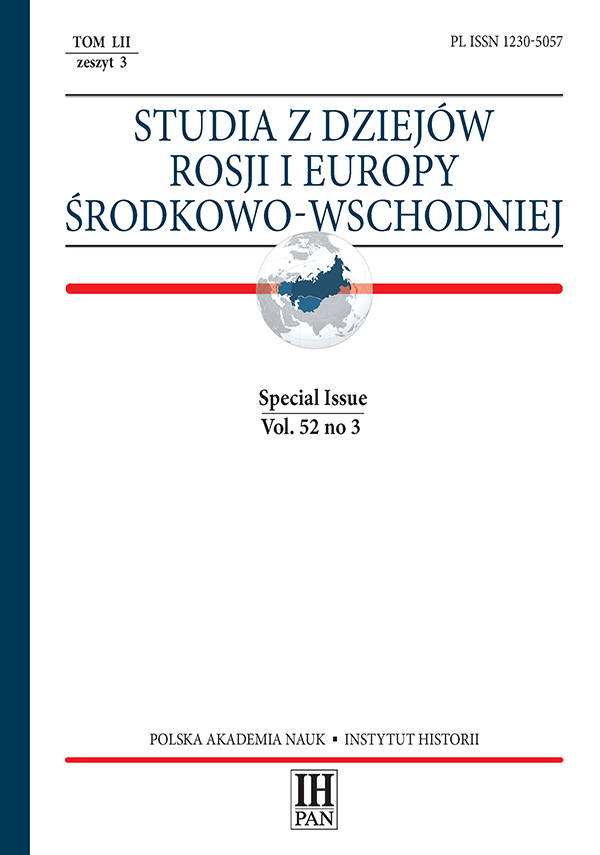Intelligentsia and a new class. Political elites according to Jan Wacław Machajski and Milovan Djilas
Intelligentsia and a new class. Political elites according to Jan Wacław Machajski and Milovan Djilas
Author(s): Michał Jerzy ZachariasSubject(s): History of ideas, Oral history, Political history, Recent History (1900 till today), WW II and following years (1940 - 1949), Post-War period (1950 - 1989)
Published by: Instytut Historii im. Tadeusza Manteuffla Polskiej Akademii Nauk
Keywords: Jan Wacław Machajski; Milovan Ðilas; Nikołaj Bucharin; Michaił Bakunin; Lew Trocki; Vilfredo Pareto;“new class”; intelligentsia; political elites in Yugoslavia; political elites in the Polish People’s
Summary/Abstract: Milovan Djilas was a distinguished critic and analyst of the so-called new class, that is the political bureaucracy created within the communist party. Before Djilas, the best-known representative of a very similar trend in political and social thought in Poland was Jan Wacław Machajski (1866–1926). According to Machajski, in the new “socialist” regime intelligentsia would fulfil a role similar to that which Djilas attributed to the new class: the role of an elite looking exclusively after its own interests. The main objective of the author of this article is to compare the impact and political role of governing elites in “socialism” as interpreted by Machajski and by Djilas.
Journal: Studia z Dziejów Rosji i Europy Środkowo-Wschodniej
- Issue Year: 52/2017
- Issue No: 3
- Page Range: 157-182
- Page Count: 26
- Language: English

